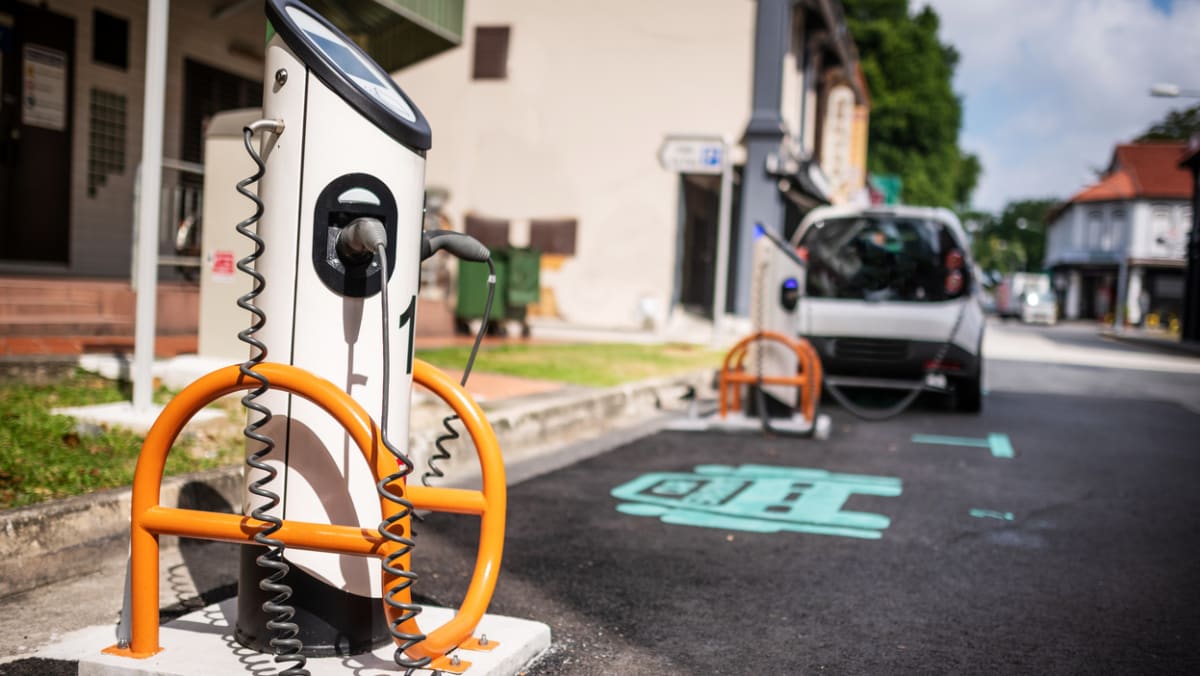Public institutions across Singapore are now expected to lead the transition toward electric vehicles (EVs). With clear targets under Singapore’s Green Plan 2030 and the national Land Transport Master Plan 2040 vision to eliminate internal combustion engine vehicles, public agencies need a roadmap to align their fleet upgrades with new policies, funding opportunities, and vendor capabilities.
Align Fleet Procurement with Singapore’s 2030 and 2040 Goals
Singapore’s government has made it a national priority for all vehicles to operate on cleaner energy by the year 2040. The Land Transport Authority (LTA) has already begun phasing out diesel vehicles, and by 2030, it aims to deploy 60,000 electric vehicle charging points across the island—40,000 in public spaces and 20,000 on private premises.
For public agencies, this means that every new vehicle procurement cycle must be planned with long-term sustainability and policy compliance in mind. Electric vehicle readiness is not just about the vehicle itself but includes supporting infrastructure like charging stations that follow Singapore’s national charging standard, developed by LTA, government agencies, and industry experts.
Government institutions located in Housing & Development Board (HDB) estates benefit from the goal to make all towns EV-ready by 2025, with over 2,000 car parks already being upgraded to support electric vehicle charging.
Tap Into Government Tax Incentives and Rebates for Electric Vehicles
Singapore’s government provides two major financial incentives to support the adoption of electric vehicles. First is the Electric Vehicle Early Adoption Incentive (EEAI), which offers a rebate of up to S$15,000 on the Additional Registration Fee (ARF) when purchasing a fully electric car. This incentive is available until 31 December 2025.
Second is the Vehicular Emissions Scheme (VES). This program rewards the purchase of vehicles with cleaner emissions. If a vehicle falls into the cleanest emission categories (Band A1), it qualifies for an additional S$25,000 rebate. These two programs combined can reduce the upfront cost of a new electric vehicle by as much as S$40,000.
Because these rebates are applied directly at the point of registration, public sector buyers don’t need to submit extra forms or go through complicated processes. This simplifies the transition for fleet managers and finance teams alike.
Work with Compliant and Capable Vendor Partners
Agencies should work with vendors that offer more than just electric vehicles. Ideal partners provide support for maintenance, data tracking, and help with environmental reporting. Companies like Green Volt Pte Ltd, Energio Solar and EVOne Charging Pte Ltd are active in deploying solar-powered charging systems across public and private sectors. These vendors help integrate electric vehicles with renewable energy, supporting data capture for environmental, social, and governance (ESG) reporting.

This is increasingly important as agencies are required to track and report their carbon emissions. Under new rules from the Singapore Exchange Regulation (SGX RegCo) and the Accounting and Corporate Regulatory Authority (ACRA), all large companies—including public institutions—must report emissions starting this financial year 2025.
By planning ahead and making full use of rebates and incentives, public agencies in Singapore can lead the transition to electric mobility—cost-effectively and compliantly.





